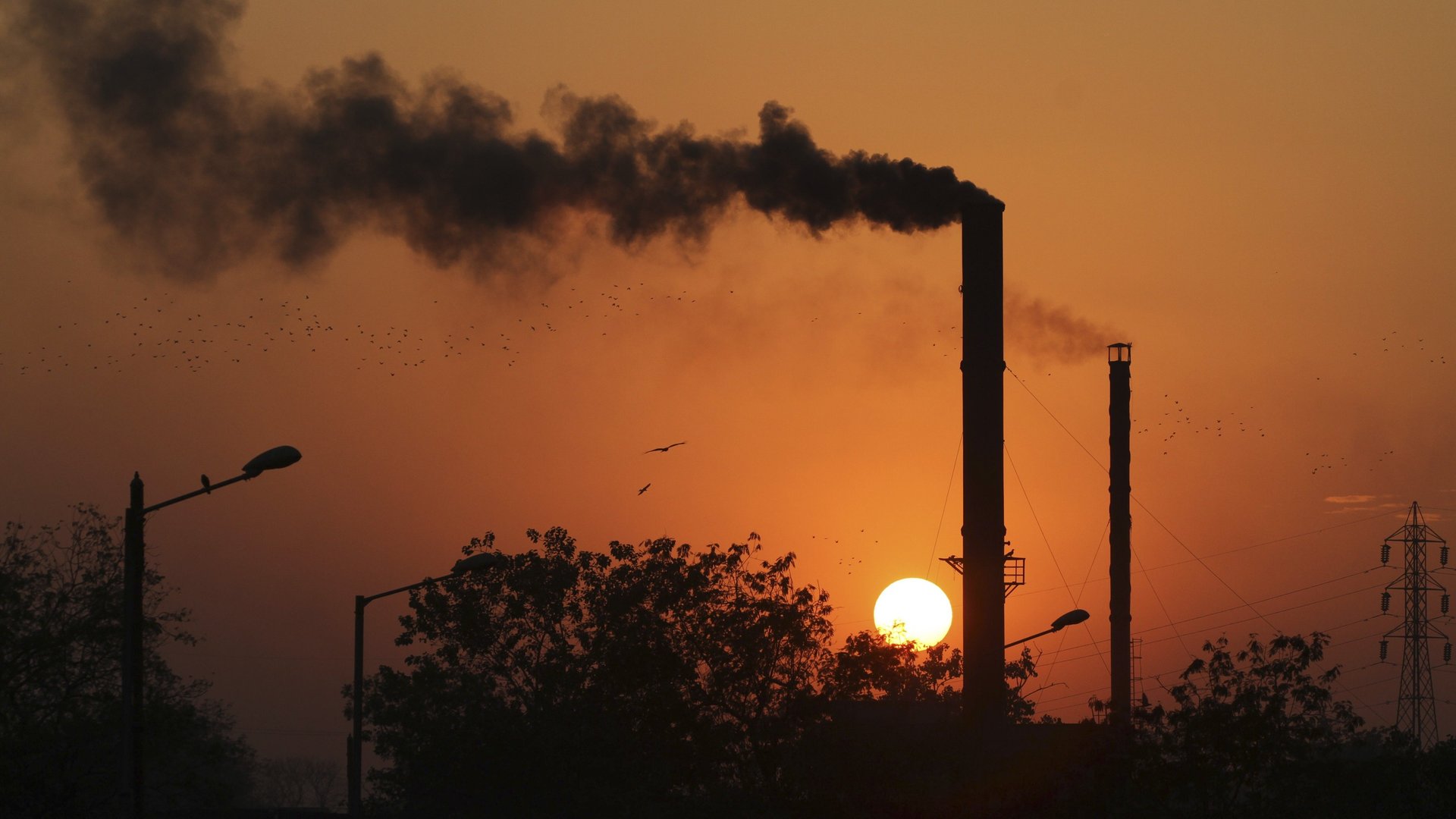Global companies get too much credit for their transparency
One side effect of globalization is that it’s become extremely difficult to know exactly what is happening in companies’ supply chains. A diffuse network of factories spread across several countries halfway around the world is hard to monitor, even for committed watchdogs.


One side effect of globalization is that it’s become extremely difficult to know exactly what is happening in companies’ supply chains. A diffuse network of factories spread across several countries halfway around the world is hard to monitor, even for committed watchdogs.
But over the past few decades, spurred by watchdogs and by consumers outraged to learn about child labor and other abuses involved in the production of goods they’ve purchased, companies have made greater efforts toward transparency, taking steps such as publishing their full list of suppliers.
These days, there are all kinds of frameworks for measuring companies based on their environmental, social, and governance (ESG) practices. The rankings often reward transparency, and they give companies something to crow about in press releases and corporate sustainability reports.
The trouble is, according to a new report (pdf) by New York University’s Stern Center for Business and Human Rights, transparency and effective efforts to make sure workers are treated fairly are far from the same thing.
The report analyzed 12 leading ESG frameworks, including those from Dow Jones, Bloomberg, and others, that investors and the public often look to for guidance on companies’ business practices. Its conclusion was that, while these frameworks provide a valuable service, many are falling short in their evaluations of companies’ social performance, which the authors define as the effects that a business’s operations have on the labor and other rights of the communities it touches.
The report found that many of the frameworks (at least 60% of the ones examined) didn’t adequately consider company supply chains, where it says “the most challenging labor and other human rights issues are likely to occur.” (That’s also true when it comes to environmental performance.)
The report also found that too many of the rankings focused on transparency rather than actual outcomes. “Transparency is desirable for many different kinds of stakeholders and perhaps unsurprisingly, all frameworks reward companies for being transparent,” the report states. “But with respect to social measurement, transparency is too often treated as an end unto itself; companies are rewarded simply for the act of disclosing, rather than delivering particular outcomes.”
Companies in the garment industry, for example, are often praised for publishing their supplier lists. Brands that have now done so include Gap, C&A, H&M, and many others. Groups such as Human Rights Watch applaud the step because it allows workers and advocates to keep an eye on supplier factories and quickly alert multinational customers to labor-rights issues.
But this information isn’t terribly helpful to the people most affected by the abuses—namely, the workers. (And meanwhile, reports of labor violations in countries such as India and Bangladesh, involving even some of the more transparent brands, continue to surface.)
The report’s overarching conclusion is that ESG rankings are often measuring what is convenient, not what’s most meaningful, and they’re doing so based mainly on what companies willingly disclose.